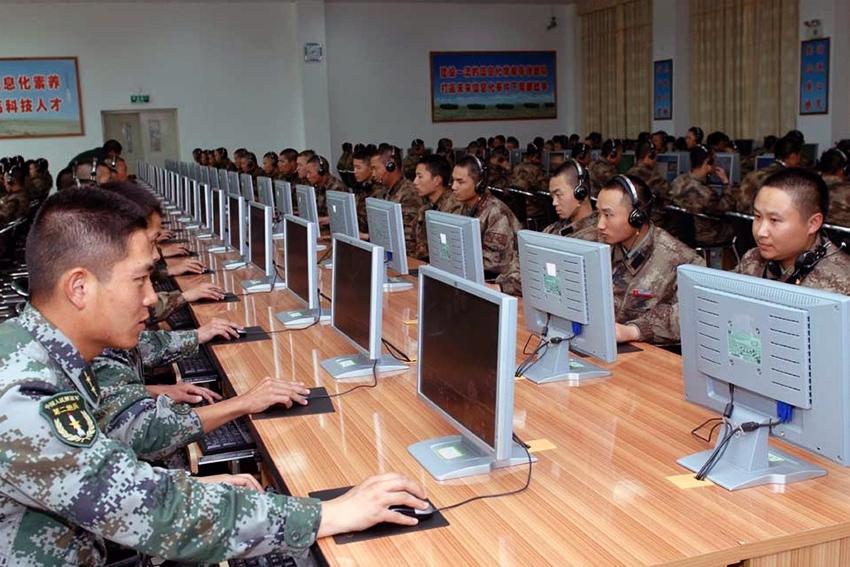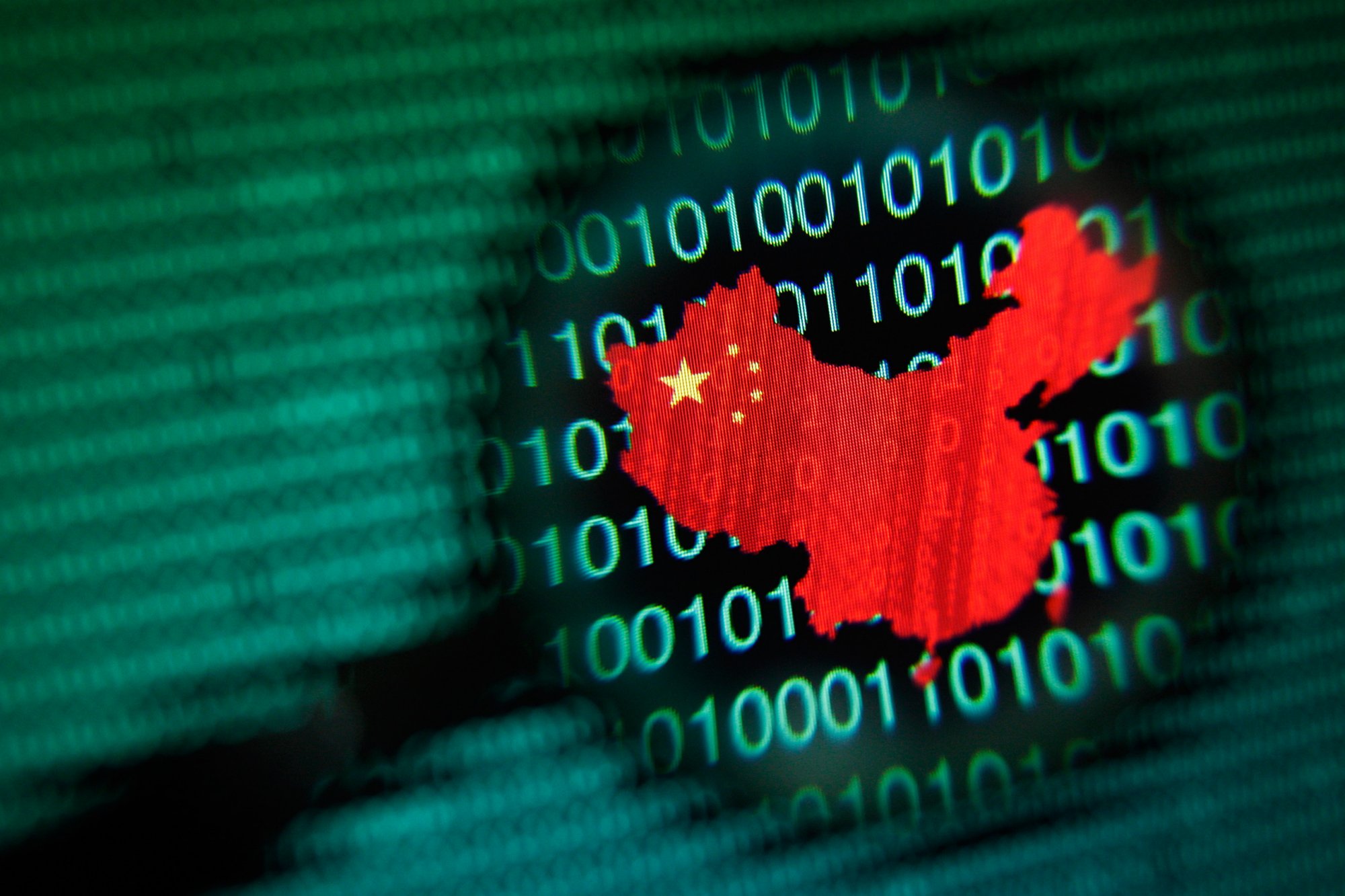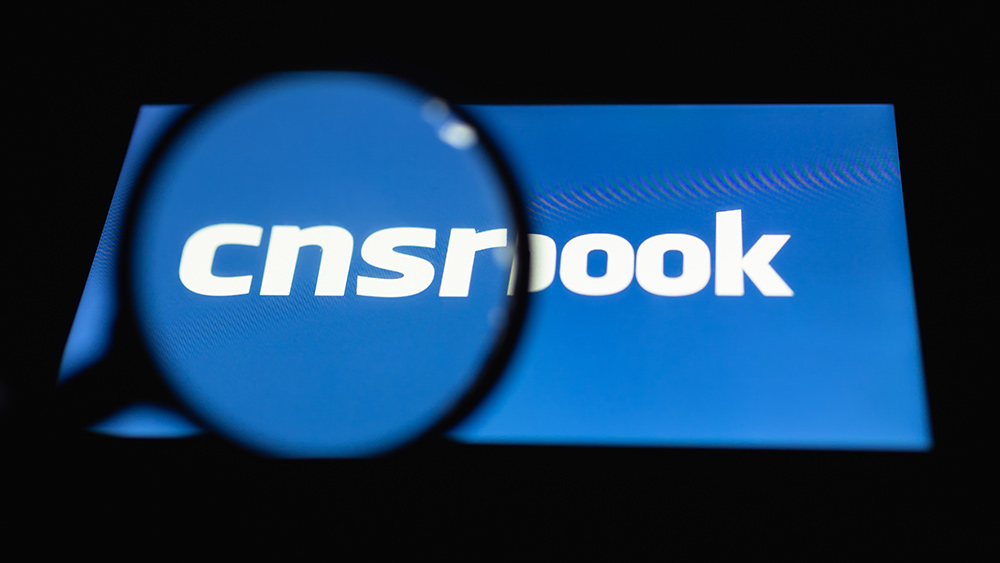Chinese hackers target U.S. defense, national security networks ahead of Election Day
10/26/2020 / By JD Heyes

Hackers linked to the Communist regime in China are once again targeting American military and security networks, according to a warning from the National Security Agency this week.
In an advisory, the NSA warned that “Chinese state-sponsored malicious cyber activity” remains one of the biggest threats to the Defense Department’s information networks, national security systems, and military industrial base.
And the warning comes just weeks ahead of Election Day which will either see President Donald Trump, who has been harder on China than any U.S. president in decades, reelected, or replaced by former Vice President Joe Biden, someone widely viewed as being too soft on Beijing because he and his son are financially compromised by the regime there.
“These networks often undergo a full array of tactics and techniques used by Chinese state-sponsored cyber actors to exploit computer networks of interest that hold sensitive intellectual property, economic, political, and military information,” the NSA said in the advisory.
The agency implored organizations and firms to harden their information networks by prioritizing patches and other efforts aimed at mitigating intrusions like changing passwords regularly and shutting down external management capabilities.
Hackers use several techniques to expose and infiltrate information networks, and the NSA listed many of them in its advisory, The Epoch Times reported.
“These networks often undergo a full array of tactics and techniques used by Chinese state-sponsored cyber actors to exploit computer networks of interest that hold sensitive intellectual property, economic, political, and military information,” the alert warned.
The Wall Street Journal added:
The U.S. armed forces, defense contractors and U.S. universities engaged in defense research have for years seen China’s theft of military secrets as a top national security issue.
A series of internal audits concluded the threat was far more dire than officials had previously realized. A Navy review last year, for example, concluded the Navy and its industry partners were “under cyber siege” by China and others who have stolen national security secrets in recent years, exploiting critical weaknesses that threaten the U.S.’s standing as the world’s top military power.
The Chinese Embassy in Washington, of course, denied the country was engaged in any hacking of U.S. systems. But then again, the U.S. isn’t going to publicly state that our hackers are probably engaged in similar incursion attempts against Chinese information systems, either.
Nevertheless, the NSA understands that China’s hacking capabilities are substantial.
“We hear loud and clear that it can be hard to prioritize patching and mitigation efforts,” Anne Neuberger, chief of the NSA cybersecurity directorate, told the WSJ. “We hope that by highlighting the vulnerabilities that China is actively using to compromise systems, cybersecurity professionals will gain actionable information to prioritize efforts and secure their systems.”
The alert listed technical information on 25 known computer flaws the agency said China was actively attempting to infiltrate. The known vulnerabilities include Cisco Systems products as well as Microsoft Windows and Citrix Systems.
“A range of other malicious cyber activity has been linked to the same vulnerabilities in the past,” the WSJ reported.
“The NSA has previously implicated the Russian government in efforts to exploit one of the flaws to steal coronavirus vaccine research, for example, and private-sector researchers have said suspected Iranian hackers have attempted to breach systems using some of the bugs,” it added.
China is reemerging as a major competitor (threat) to the U.S. in the weeks before Election Day. The U.S. intelligence community has already said that Beijing prefers Biden, which makes perfect sense since the Chinese government already practically owns the former vice president and his family, and because Trump’s policies of trade tariffs, sanctions, and arming China’s neighbors like Japan and Taiwan are not in Beijing’s best interests.
Sources include:
Tagged Under: Beijing, China, cyber war, Donald Trump, Election Day, Glitch, hackers, hacking, intelligence community, Japan, Joe Biden, national security, National Security Agency, NSA, power grid, preference, President Trump, Taiwan, threat, warning
RECENT NEWS & ARTICLES
COPYRIGHT © 2017 GLITCH.NEWS
All content posted on this site is protected under Free Speech. Glitch.news is not responsible for content written by contributing authors. The information on this site is provided for educational and entertainment purposes only. It is not intended as a substitute for professional advice of any kind. Glitch.news assumes no responsibility for the use or misuse of this material. All trademarks, registered trademarks and service marks mentioned on this site are the property of their respective owners.



















